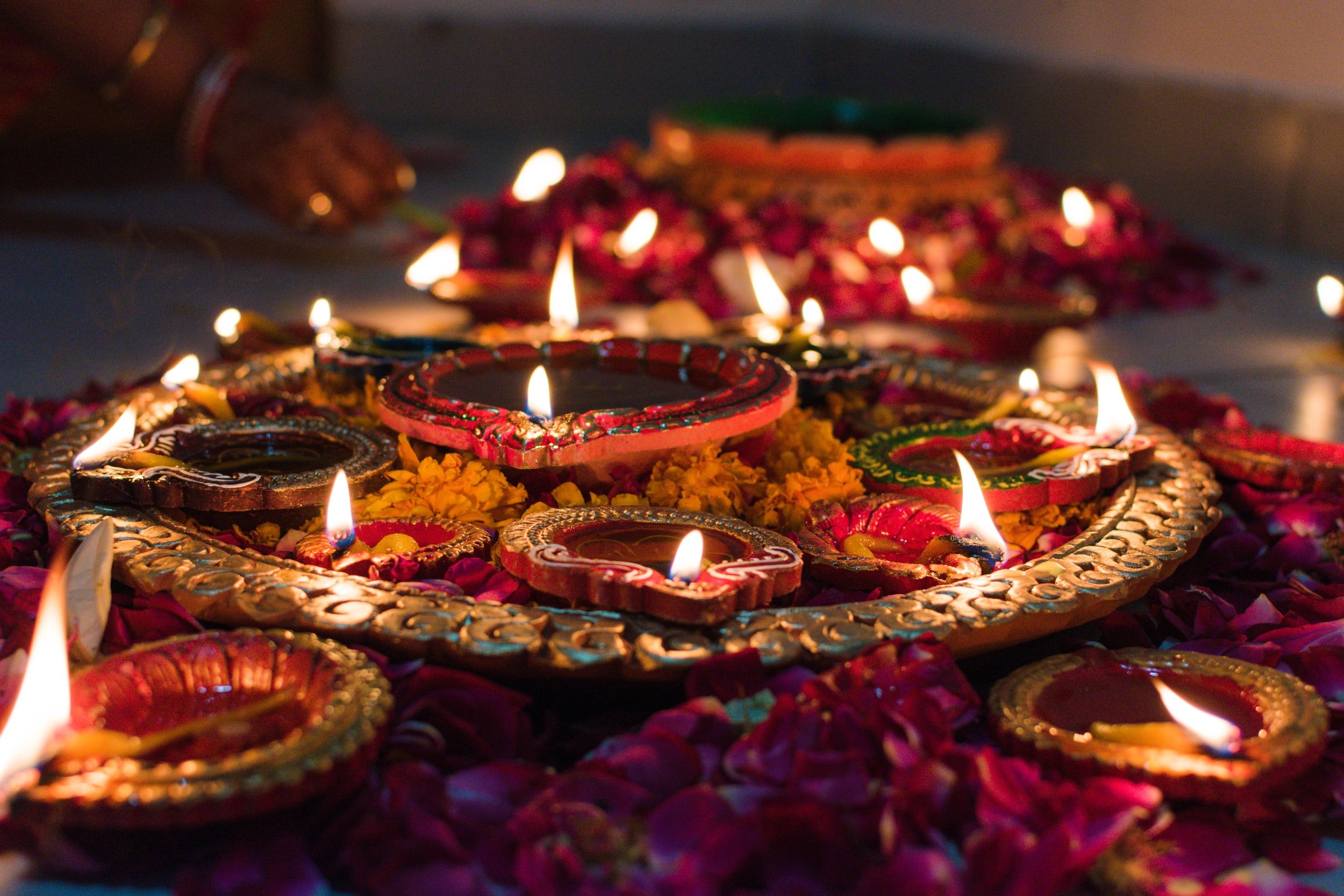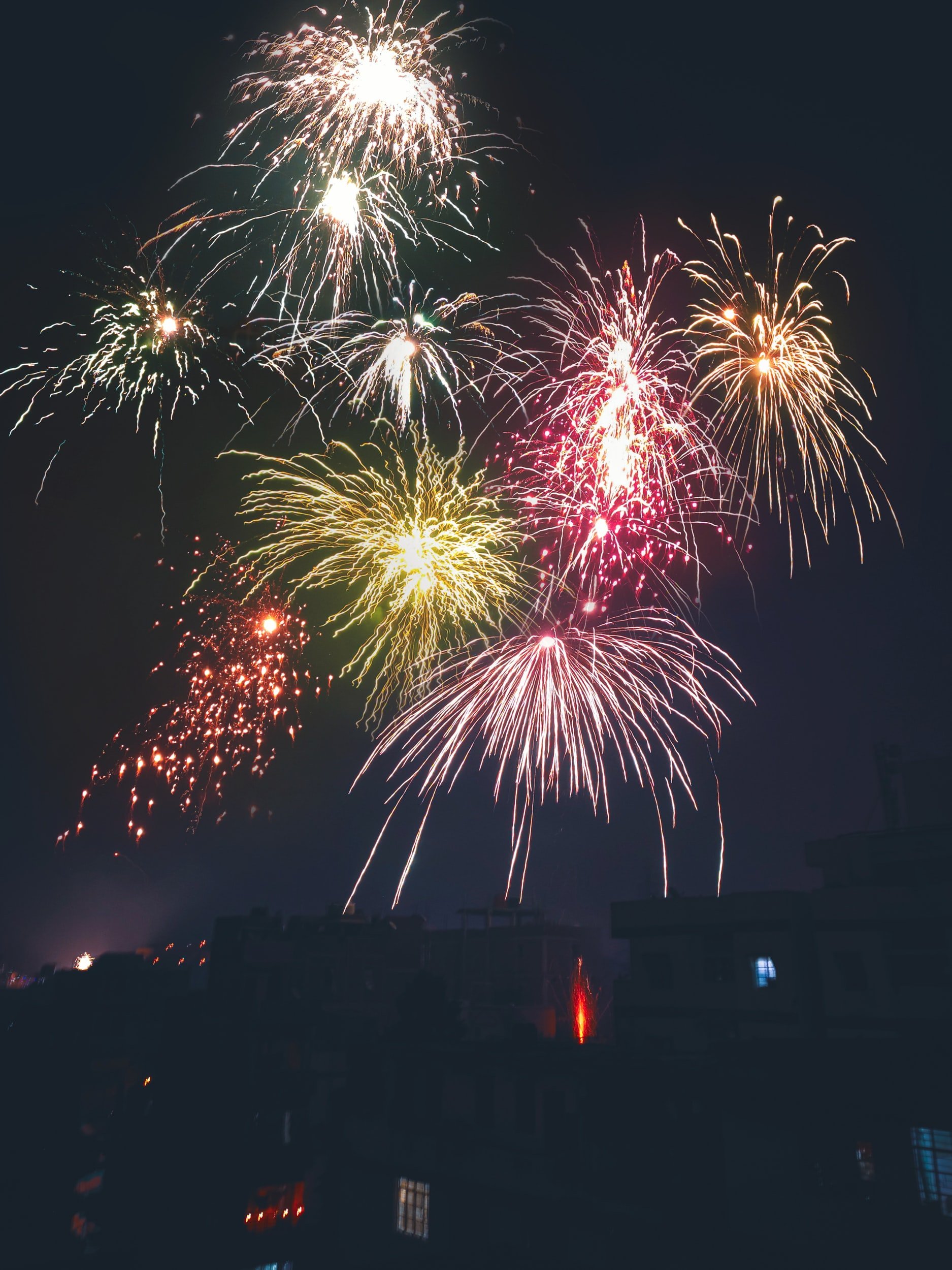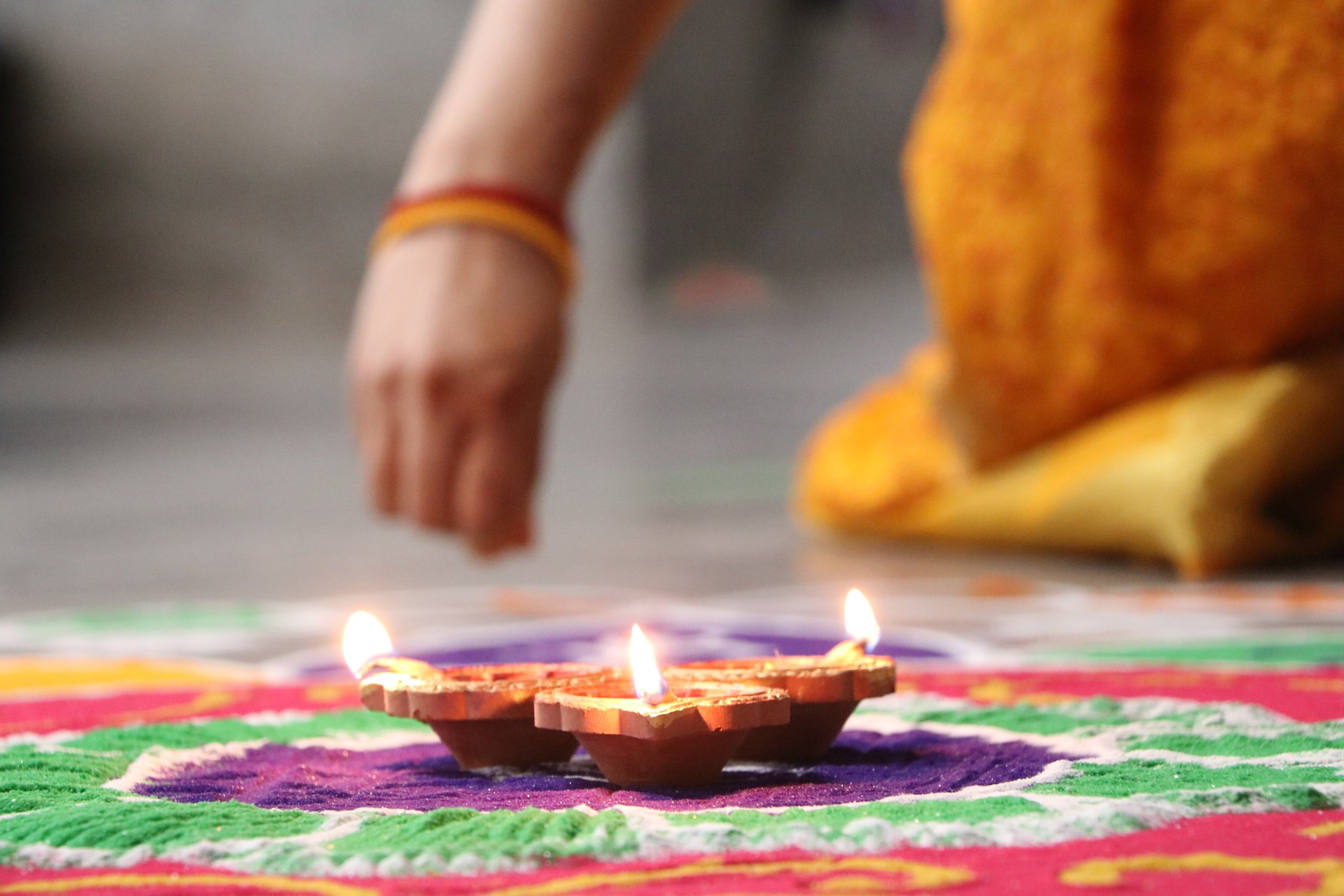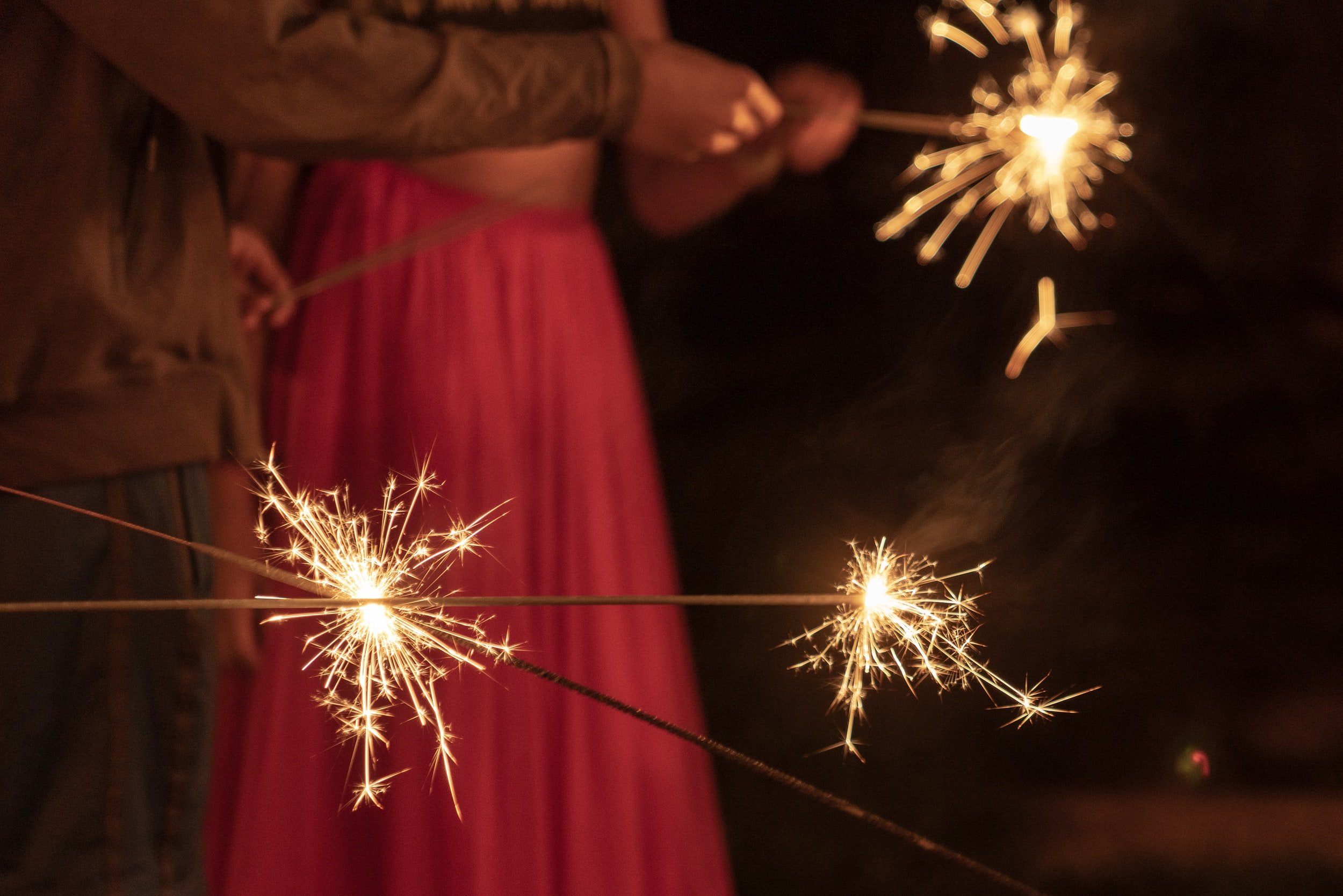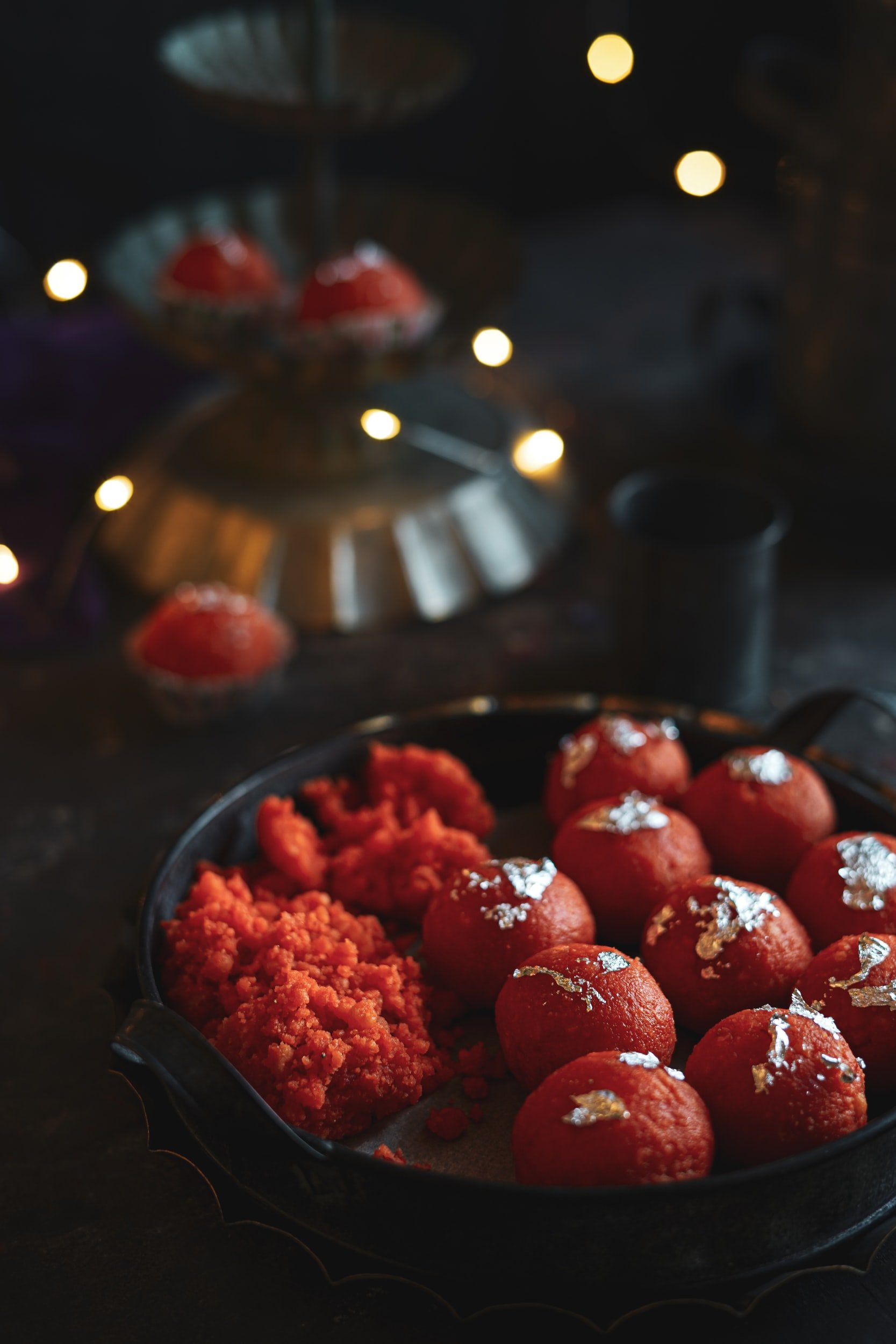All about Diwali: The Indian Festival of Lights
DIWALI is derived from the Sanskrit word ‘Deepawali’ which means ‘row of lights’.
Diwali is India’s most important festival of the year — a time to celebrate the triumph of light over darkness. It’s also a celebration of good triumphing over evil, and knowledge over ignorance, and different legends based on this theme are associated with Diwali. For example, Rangoli is a popular Diwali tradition –– beautiful patterns made using colourful powders and flowers. People draw rangoli on the floor by the entrance of their homes to welcome the gods and bring good luck for the coming year.
Widely observed among more than a billion people across India, the five days of Diwali are marked by celebrations including prayer, feasts, and more. People exchange gifts and sweets, watch firework displays and wear new clothes, as well as cleaning and decorating their homes.
However, Diwali is perhaps best known as a festival of lights. Derived from the Sanskrit dipavali, which means “row of lights,” Diwali is known for the brightly burning clay lamps, called diyas, that you’ll see lined up outside homes. For many, Diwali honours the Hindu goddess of wealth, Lakshmi. The lights and lamps are said to help Lakshmi find her way into peoples’ homes, bringing prosperity in the year to come.
Diwali takes place annually and lasts for five days, marking the start of the Hindu New Year. The exact dates change each year and are determined by the position of the moon – this year, it falls on November 3rd.
A variety of faiths mark in India different historical events and stories throughout the celebration - overall, it means different things to different people:
Hindus celebrate the return of deities, Rama and Sita, to Ayodhya after their 14-year exile. They also celebrate the day Mother Goddess Durga destroyed a demon called Mahisha.
Jains celebrate Diwali as the moment their founder, Lord Mahavira, attained a state of eternal bliss or nirvana. Diwali is also celebrated as the day Goddess Durga destroyed a demon called Mahisha and is associated with Goddess Lakshmi, who is the goddess of wealth and good fortune.
Sikhs particularly celebrate the release from prison of the sixth guru Hargobind Singh in 1619.
India Ireland Council Diwali festival meetup
Celebrating in Ireland
Today, this festival is celebrated by thousands of people in countries all around the world. In Ireland, in conjunction with Dublin City Council, Ireland India Council is celebrating with a limited in-person event and wider online events.
